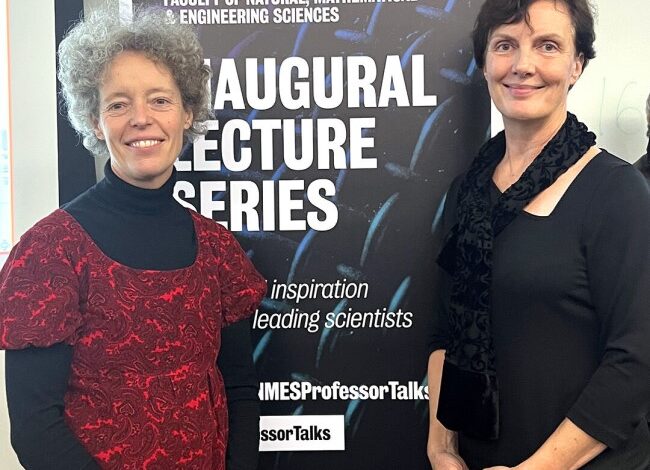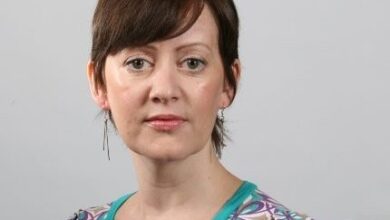Rachel Bearon: A Leading Voice in Mathematical Sciences and Education

Rachel Bearon, an influential figure in the field of mathematical sciences, serves as the Executive Dean of the Faculty of Natural, Mathematical & Engineering Sciences (NMES) at King’s College London. With a career spanning over two decades, her journey from a scholar to a leader has significantly impacted the scientific and academic community. This article explores her career, achievements, and contributions to mathematics and education.
Early Life and Education
Rachel Bearon’s academic foundation was laid at the prestigious University of Cambridge, where she earned both her Master of Arts (MA) in Mathematics and her Doctor of Philosophy (PhD) in the same field. Her time at Cambridge was pivotal in shaping her career trajectory, setting the stage for her future contributions to mathematical biology and interdisciplinary research.
Academic and Professional Journey
University of Washington: Postdoctoral Research
Following her doctoral studies, Rachel Bearon pursued postdoctoral research at the University of Washington from 2001 to 2005. During this period, she focused on biological oceanography, delving into the complexities of interdisciplinary research and establishing a strong foundation in mathematical applications to biological systems.
University of Liverpool: Advancing Mathematics
In 2005, Rachel Bearon joined the University of Liverpool, where she dedicated 18 years to advancing the field of mathematical sciences. Her roles included:
- Lecturer (2005-2011): Introducing innovative teaching methodologies.
- Senior Lecturer (2011-2015): Enhancing research outputs and mentoring students.
- Reader (2015-2018): Leading significant research projects.
- Professor of Mathematical Biology (2018-2023): Focusing on bacterial chemotaxis, cancer cell motility, and phytoplankton dynamics in turbulence.
- Head of the Department of Mathematical Sciences (2020-2023): Spearheading department initiatives and fostering collaboration.
Leadership at King’s College London
In January 2024, Rachel Bearon took on the role of Executive Dean of the Faculty of NMES at King’s College London. Concurrently, she serves as a Professor of Mathematical Biology. Her leadership aims to integrate interdisciplinary research and education to address global challenges.
Research Contributions
Rachel Bearon’s research is renowned for applying mathematical principles to biological systems. Her areas of expertise include:
- Bacterial Chemotaxis: Understanding microbial navigation.
- Cancer Cell Motility: Studying cancer cell behavior and movement.
- Phytoplankton Dynamics: Investigating their interaction with turbulence.
- Drug Transport: Exploring pathways for efficient delivery mechanisms.
Her work is characterized by its innovative approach to solving real-world problems through mathematical modeling.
Advocacy and Outreach
Rachel Bearon is deeply committed to promoting STEM education. Her involvement includes:
- President of the Mathematics Section, British Science Association (2022): Advocating for mathematical sciences.
- Trustee Roles: Contributing to institutions like the University of Liverpool Maths School and King’s Maths School.
- Academy for the Mathematical Sciences: Member of the Executive Committee since 2023, focusing on communication and advocacy.
Her outreach efforts aim to inspire young minds and highlight the transformative power of mathematics.
Notable Achievements
Among her numerous accomplishments, the launch of the “Maths Can Take You Anywhere” initiative stands out. This program showcases the diverse opportunities mathematics offers, featuring success stories of graduates and educators.
Personal Philosophy and Leadership Style
Rachel Bearon’s leadership emphasizes collaboration, inclusivity, and innovation. Her ability to bridge disciplines and foster supportive environments has made her a role model in academia.
Conclusion
Rachel Bearon’s journey exemplifies the profound impact one can have through dedication to science, education, and leadership. Her contributions continue to shape the future of mathematical sciences, inspiring the next generation of thinkers and innovators.



